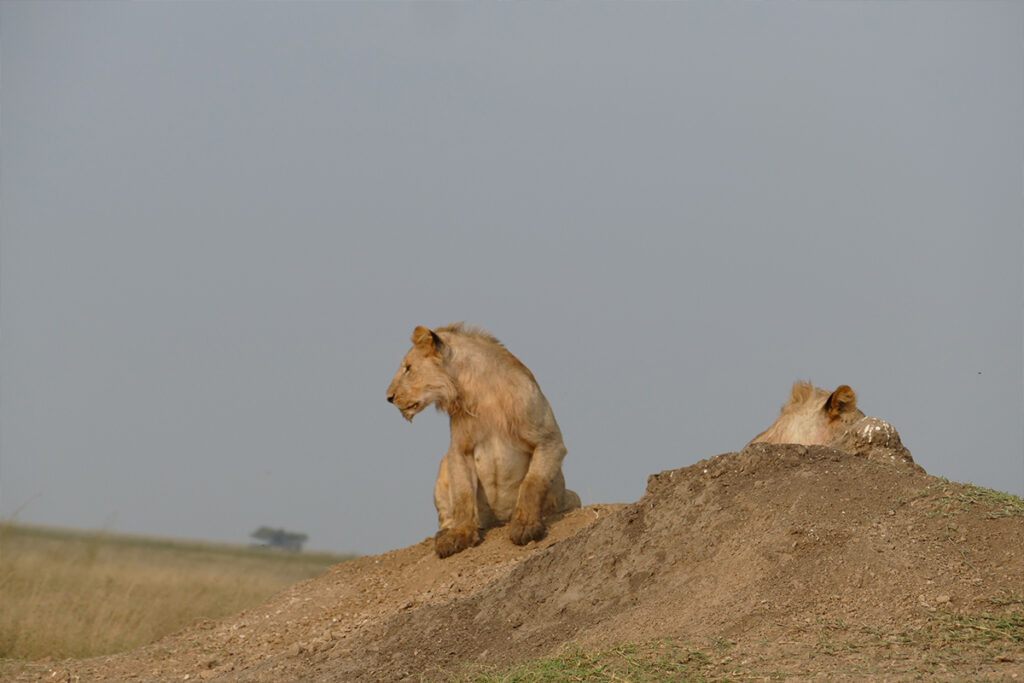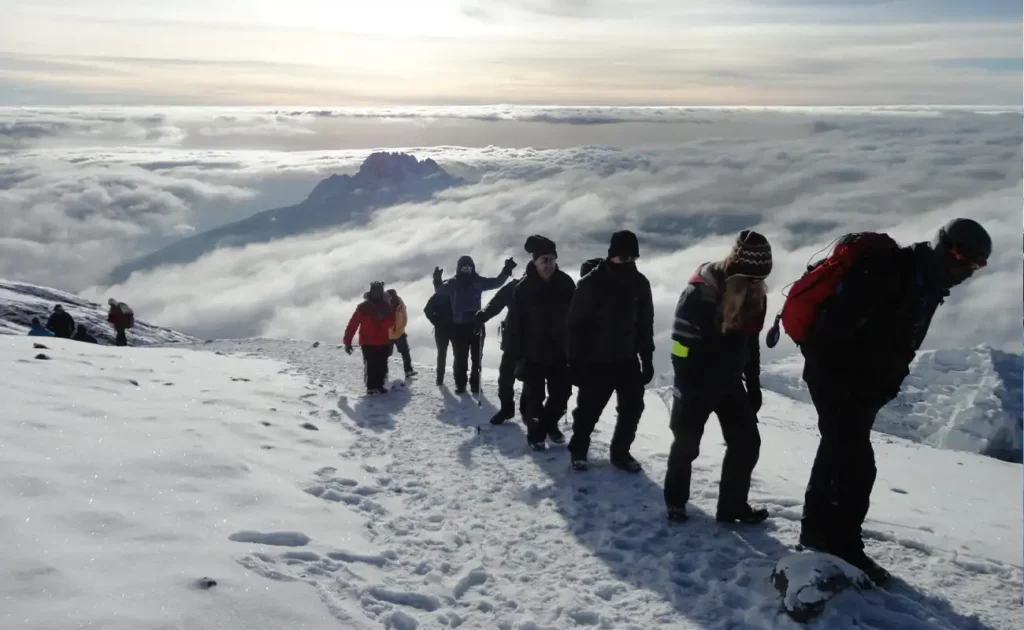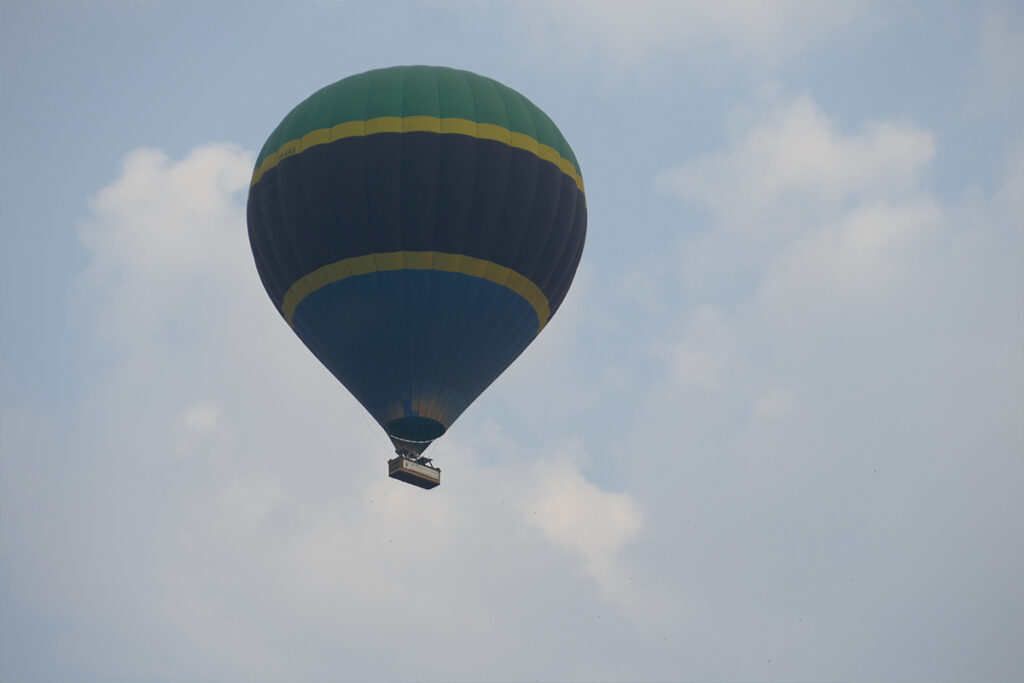Planning a trip to Tanzania in July is a fantastic choice for adventurers and nature enthusiasts. July marks the heart of the dry season, offering excellent conditions for both safari adventures and climbing Mount Kilimanjaro. In this article, we will explore what you can expect when visiting Tanzania in July, highlighting the best experiences and providing tips to ensure an unforgettable trip.
Why July is Perfect for a Safari in Tanzania
Climate and Weather Conditions
July in Tanzania is characterized by clear skies, warm temperatures during the day, and cooler nights. The dry season, which spans from June to October, is ideal for wildlife viewing as the lack of rain causes animals to congregate around water sources, making them easier to spot.
Wildlife Viewing Opportunities
During July, the wildlife is more visible and concentrated, providing exceptional opportunities to see the Big Five (lion, leopard, elephant, buffalo, and rhino) and other iconic African animals. The clear, sunny weather also ensures optimal lighting for photography and extended game drives.
Top Safari Destinations in July
Serengeti National Park
The Serengeti is one of the most famous safari destinations in the world, and July is prime time to visit. The Great Migration is in full swing, with massive herds of wildebeest and zebras moving through the park, often crossing perilous rivers, which makes for thrilling viewing.
Ngorongoro Crater
The Ngorongoro Crater offers a unique safari experience with its dense population of wildlife in a relatively small area. July’s dry weather enhances visibility and provides an excellent opportunity to see a variety of animals, including the rare black rhino.
Tarangire National Park
Tarangire is known for its large elephant herds and majestic baobab trees. In July, the park’s river becomes a magnet for wildlife, drawing in animals from the surrounding areas. This concentration of animals around the water makes for spectacular game viewing.
Selous Game Reserve
Selous Game Reserve is one of Africa’s largest protected areas, offering a more remote and less crowded safari experience. July’s dry conditions make the reserve’s rivers and lakes prime spots for viewing hippos, crocodiles, and a variety of bird species.
Unique Safari Experiences in July
The Great Migration
The Great Migration, one of nature’s most awe-inspiring events, peaks in July. Witnessing thousands of wildebeest and zebras crossing rivers, with predators lurking nearby, is an unforgettable experience.
Balloon Safaris
A balloon safari offers a unique perspective on the Serengeti’s vast landscapes and wildlife. Floating above the plains at sunrise provides stunning views and a serene way to observe the animals below.
Night Game Drives
Night game drives are a thrilling way to see nocturnal wildlife. In July, the clear nights are perfect for spotting animals such as leopards, hyenas, and bush babies that are active after dark.
What to Pack for a July Safari
Clothing and Gear
Pack light, breathable clothing for the daytime and warmer layers for the cooler mornings and evenings. Neutral colors are best for blending into the environment. Don’t forget a wide-brimmed hat, sunglasses, and sunscreen to protect against the sun.
Essential Accessories
Bring binoculars, a good camera, and a field guidebook to enhance your safari experience. Other essentials include insect repellent, a reusable water bottle, and a small backpack for day trips.
Kilimanjaro Climbing in July
Weather Conditions on Kilimanjaro
July is an excellent month for climbing Kilimanjaro due to the dry and stable weather conditions. The temperatures are generally cooler, especially at higher altitudes, but the lack of rain makes for more comfortable and safer climbing conditions.
Best Routes for July Climbs
The Machame and Marangu routes are popular in July due to their established paths and scenic views. The Lemosho and Rongai routes are also great choices, offering different perspectives of the mountain and fewer crowds.
Preparing for Your Climb
Physical Preparation
Climbing Kilimanjaro requires good physical fitness. Begin your training several months in advance with a mix of cardio, strength training, and long hikes. Acclimatization is key, so consider doing shorter treks at high altitudes before your trip.
Gear and Equipment
Invest in quality gear, including sturdy hiking boots, thermal layers, a waterproof jacket, and a good sleeping bag. Trekking poles, a headlamp, and a large backpack are also essential. Make sure your gear is broken in and comfortable before the climb.
What to Expect During the Climb
Day-by-Day Breakdown
Your Kilimanjaro climb will be a multi-day journey, typically ranging from 5 to 9 days depending on the route. Each day involves several hours of hiking, with rest periods at designated camps. The final ascent to the summit usually starts at midnight to reach the peak at sunrise.
Scenery and Highlights
As you ascend, you’ll pass through diverse ecosystems, from lush rainforests to alpine deserts. The changing landscapes and breathtaking views are among the highlights of the climb. Reaching Uhuru Peak, the highest point in Africa, is a rewarding and emotional experience.
Health and Safety Considerations
Altitude Sickness Prevention
Altitude sickness is a common challenge on Kilimanjaro. To prevent it, ascend slowly, stay hydrated, and take regular breaks. Some climbers use medication like Diamox to help with acclimatization. Listen to your body and communicate any symptoms to your guide.
Safety Measures
Climbing with a reputable company that follows safety protocols is crucial. Ensure that your guides are trained in first aid and have the necessary equipment for emergencies. Always follow their advice and guidelines.
FAQs
Is July a good time to see the Great Migration?
Yes, July is an excellent time to witness the Great Migration as the herds move through the Serengeti, often crossing rivers which provide dramatic wildlife spectacles.
What is the weather like on Kilimanjaro in July?
The weather on Kilimanjaro in July is generally dry with clear skies, though temperatures can be very cold at higher altitudes, especially at night.
How crowded are the parks in July?
July is part of the peak tourist season, so popular parks like the Serengeti and Ngorongoro Crater can be busy. However, the vastness of the parks helps disperse the crowds.
What is the best safari gear to bring in July?
Pack light, breathable clothing, warm layers for evenings, a hat, sunglasses, sunscreen, insect repellent, binoculars, a camera, and a field guidebook.
Are there any special events in Tanzania in July?
July features cultural events and festivals in Tanzania, such as the Mwaka Kogwa festival in Zanzibar, celebrating the Shirazi New Year with traditional songs, dances, and rituals.



